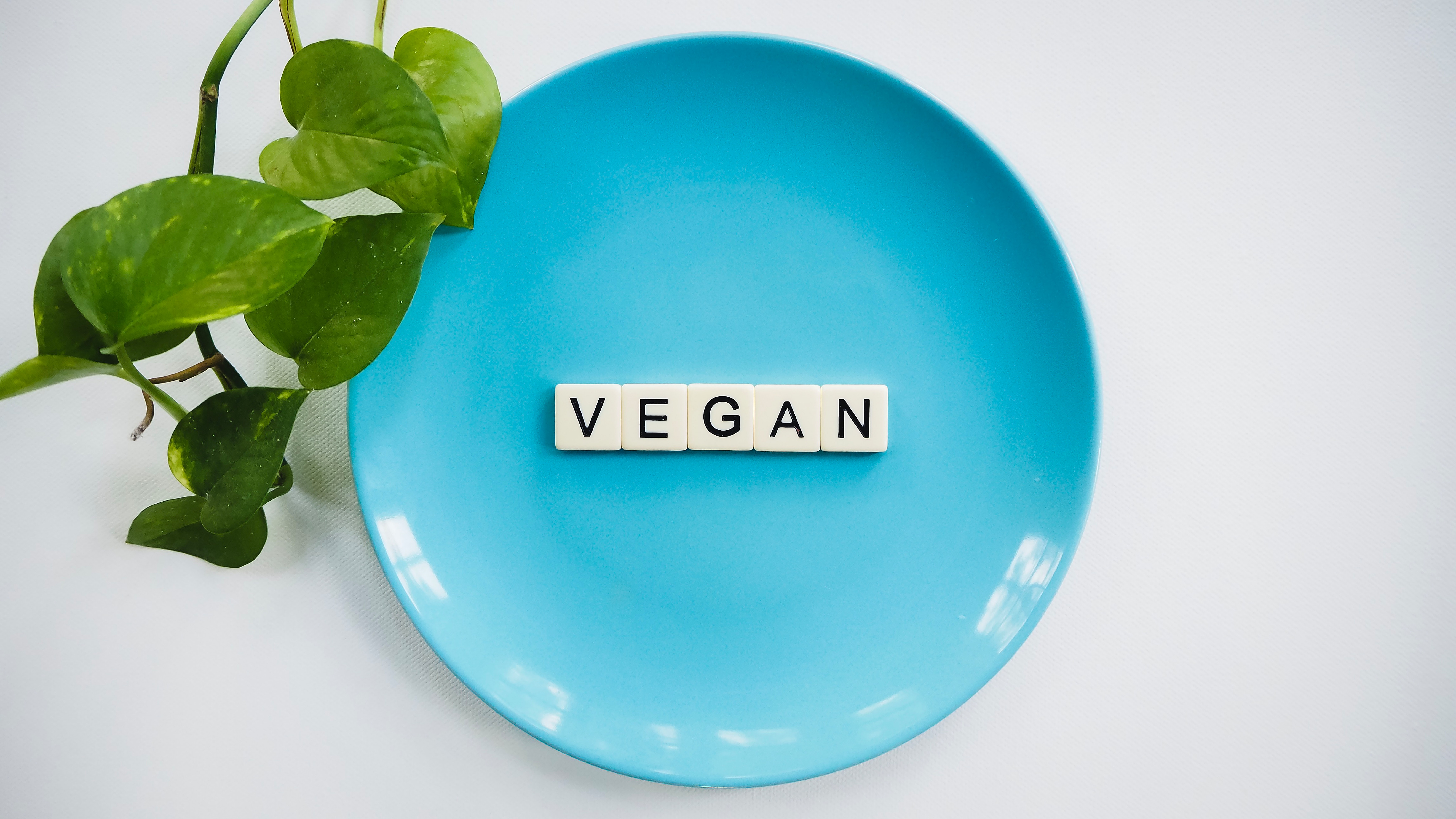
5 of the Most Common Myths About Veganism: Debunked
Think back on just about any decent thing to ever exist. Surely there were a group of naysayers, of folks who look down on it and go against it with all of their being (even cars were scoffed at in the beginning). Well, when it comes to being disapproved of by the masses, veganism is a perfect example to note.
Since veganism was in its early infancy, it has been met with backlash, disapproval, and a large number of people who claim all sorts of bad things against it. Some people say it’s absurd. Some say it’s impractical. Others say humans need meat to survive.
While this all sounds very negative and veganism may seem like a hopeless cause, the great news is that it is actually the opposite, at least in today’s day and age. The thing is, people are slowly but surely opening up to veganism as a healthy and great lifestyle to live, especially as we move toward global warming and other environmental crises.
But even with that said, there are still a handful of myths about veganism that won’t seem to cease and desist. Today, let’s take a look at – and debunk – five of the most common myths and misunderstandings about veganism. Time to clear up the air a little bit.
Myth #1: A vegan and vegetarian diet is the same thing.
In all honesty, this barely should be put on this list. However, it does come up as a common misunderstanding, so let’s get to debunking. A vegan diet is simply not the same thing as a vegetarian diet. While vegetarianism is a diet of sorts, veganism is a lifestyle. Veganism calls for abstaining from using any and all animal products. Furthermore, vegetarians tend to still eat animal products such as eggs and honey. Vegans, on the other hand, don’t.
Myth #2: Vegan food tastes like air (or stale veggies).
On the contrary, vegan food couldn’t be any more delicious. For example, french fries and all fruits are vegan! In truth, eating a plant-based diet can be not only healthy but very delicious as well. In fact, many of your current favorite meals can most likely be made into vegan versions! Love cheesecake? There’s a vegan version of that. If mac n’ cheese is your thing, there’s also a vega version of it. Plus, turning traditional dishes into vegan meals is a great way to add fun to your kitchen.
Myth #3: Veganism is for hippies.
Yes, you’d be right in assuming that both hippies and vegans have a passion for spreading peace, love, and equality. No, that doesn’t equate to veganism being “a hippie thing”. In fact, veganism is more common than it ever was, with many celebrities such as Jaden Smith, Robert Downey Jr, Steve-O, Jay-Z, and Beyonce giving their stamps of approval.
Also, vegans are people, just like you and I. They hold regular roles as athletes, students, lawyers, doctors, engineers, business owners, and customer service representatives. And yes, a few of them just so happen to be hippies as well.
Myth #4: Being vegan is bad for your wallet.
Nope, that is false. On the contrary, a vegan diet can be a great way to save you and your family some money in the long run. In general, animal-based proteins––such as beef, seafood, pork, and lamb––all cost considerably more per pound than vegan proteins––such as peas, legumes, nuts, and seeds, and cruciferous veggies.
For example, beef tends to cost roughly three to four bucks on average, per pound. On the other end of the spectrum, beans, nuts, seeds, and other plant-based proteins cost a fraction of that per pound. Other vegan foods like vegetables, fruits, and rice tend to be much cheaper than animal-derived products as well.
Personally, I’ve saved north of $500 a year on groceries since switching to a vegan diet!
Myth #5: Vegans can’t build muscle since there’s no protein.
Since the early days of bodybuilding culture, people have been absolutely obsessed with protein shakes, powders, and the likes, claiming that it is simply necessary if you want to build muscle. Fast forward to today, and you’ll still find many folks gulping down their protein shakes and munching on protein bars, concerned that they will lose their “gains” if they ever stop taking protein.
For starters, science shows that we actually don’t need nearly as much protein as people tend to believe. Furthermore, plant-based protein has always been proven to be just as good as––if not better than––the standard dairy whey protein, which is actually quite a low-quality protein source in general. There are many protein-rich plant-based foods, such as seeds, whole grains, cruciferous vegetables, soy, hemp, peas, beans, and more. These healthy foods not only provide ample amounts of protein, but they also come with a great deal of other healthy nutrients that’ll further promote muscle growth and overall good health.

